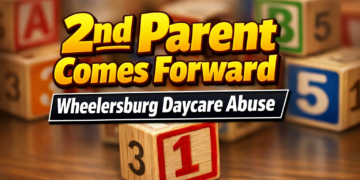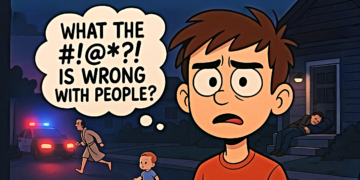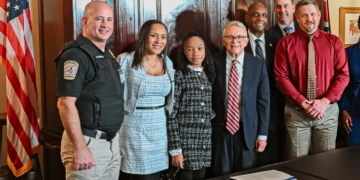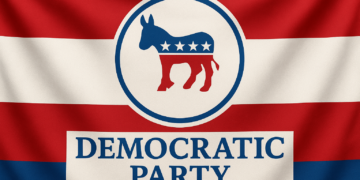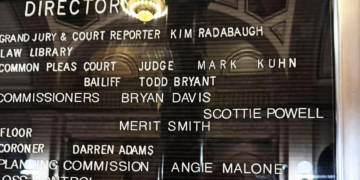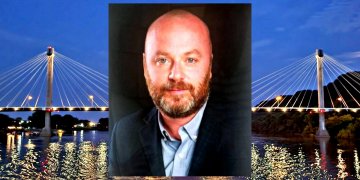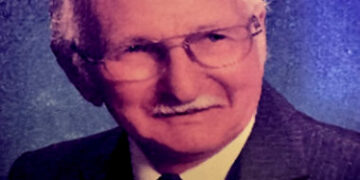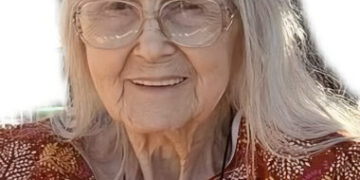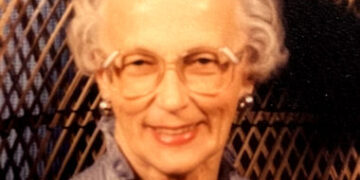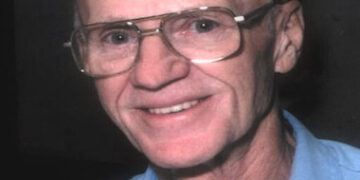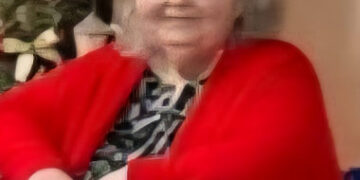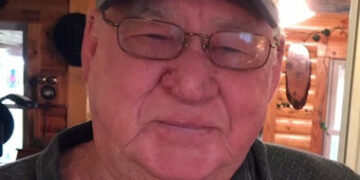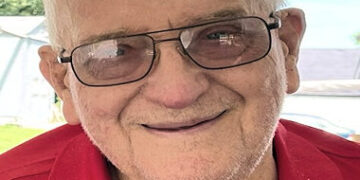New Ohio Law Aims To Protect Church Services
Ohio Attorney General Dave Yost is praising a new state law called the Sacred Spaces Act, aims to protect religious services in the state.
The Ohio General Assembly approved House Bill 504 by a nearly unanimous vote. The bill was inspired by an incident where protestors rushed the pulpit during a pro-life mass at St. Joseph’s Cathedral in Chicago and disrupted the service.
The bill increases the charges for disrupting a lawful meeting from a misdemeanor to serious criminal charges – if you disrupt the meeting for the purpose of interfering with religious services.
“The right to assemble and freely worship is protected by both our state and federal constitutions,” Yost said. “The Sacred Spaces Act now provides an enhanced penalty when that right is violated. My particular thanks go to former Rep. Rick Carfagna and Rep. Mark Johnson for their hard work on this important legislation.”
The law also applies to virtual services. Yost cited several incidents where virtual Jewish services were disrupted by anti-Semitic activity.
Former Rep. Rick Carfagna (R-Genoa Township) said, “I’m grateful that the legislature acted on this important bill as a final matter of legislative business, and appreciate the tenacious efforts of Attorney General Dave Yost and State Rep. Mark Johnson to get this across the finish line.”
Rep. Johnson said, “In the past few years, we’ve realized just how vulnerable our right to practice religion undisturbed is,” he said. “The state must take steps to ensure the First Amendment right to freedom of religion is never infringed upon.”
The ACLU had opposed the legislation saying that it was vague. “It not only criminalizes any obstruction or interference meant to disturb or prevent a meeting or gathering but also goes far beyond that to make illegal “any utterance, gesture, or display which outrages the sensibilities of the group. The ACLU of Ohio believes this language is so broad it could include speech otherwise protected by the First Amendment. For example, a person peacefully standing, with a sign or banner, on a sidewalk outside of a courtroom, a corporate board meeting, a football game, or even the Statehouse so long as all, some, or even one of the attendees have their “sensibilities outraged” and/or the gathering was “interrupted” by a display, with these terms defined by those who may interpret them as broadly as possible.”
Yost said he expects Gov. Mike DeWine to sign the legislation into law “very soon.”



